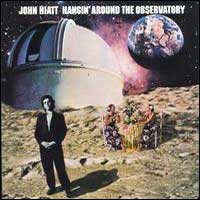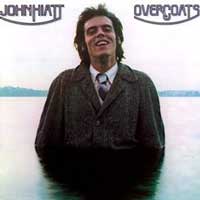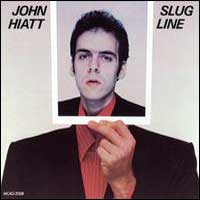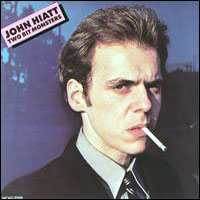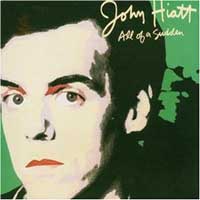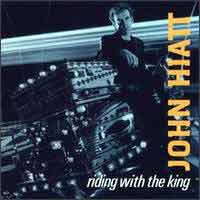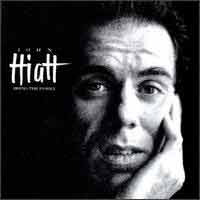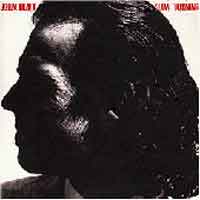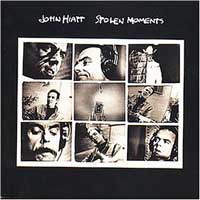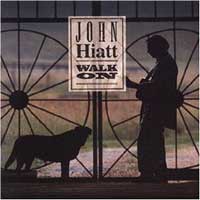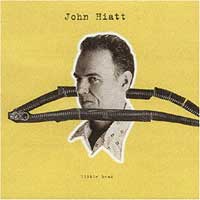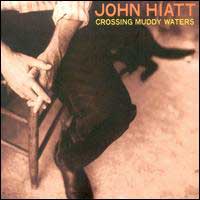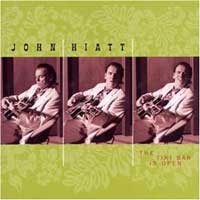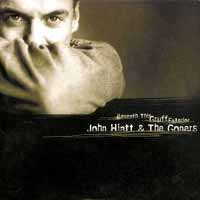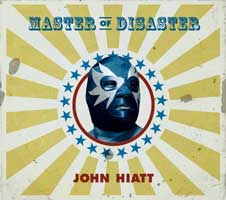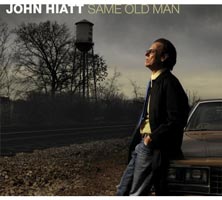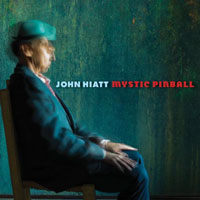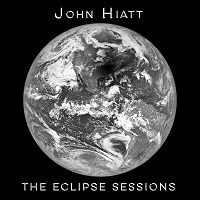Mitten in einer globalen Pandemie betrat John Hiatt das historische RCA Studio B und öffnete ein ganzes Leben voller zurückgelassener Gefühle. Vor einem halben Jahrhundert lebte Hiatt in einem schäbigen Zimmer für 15 Dollar die Woche in der 16th Avenue in Nashville, weniger als eine Meile von den RCA- und Columbia-Studios entfernt, die das Herzstück dessen waren, was als "Music Row" bekannt wurde. In den darauffolgenden 50 Jahren entwickelte er sich von einem rauflustigen jungen Bock zu einem gefeierten Großmeister des Gesangs.
Für Leftover Feelings tat sich Hiatt mit dem mehrfach ausgezeichneten Künstler und Produzenten Jerry Douglas und seiner Band, der Jerry Douglas Band, zusammen. Es gibt keinen Schlagzeuger, dennoch sind diese Grooves tief und echt. Und während die Up-Tempo-Songs wie immer mit entzückenden inneren Reimen und schlauer Aggression gefüllt sind, stößt die einfühlsame Musikalität der Jerry Douglas Band Hiatt zu Darbietungen, die verblüffend verletzlich sind.
Im Leben können übrig gebliebene Gefühle ungelöst bleiben, egal wie oft sie erforscht werden. Erforscht an einem Ort der Geschichte, einem Ort des Trostes. Ein heiliger Ort, wenn man die Dokumentation des menschlichen Ausdrucks für eine heilige Sache hält. Hier also, mit diesem Album, gibt es ein Treffen von geprellten und triumphierenden amerikanischen Giganten. Hier sind Hiatt und Douglas und erschaffen das, was sein soll: Liebeslieder und Straßenlieder, schlaue Lieder und verletzte Lieder. Ihre Lieder, und jetzt unsere Lieder. Übrig gebliebene Gefühle, die erbauen und erhalten.
Hiatts Stimme hat noch ein paar mehr Schrammen bekommen, doch den Songs kommt das nur zugute.
(stereoplay, Juni 2021)
One of the unspoken rules of the music business is that you can age out of rock & roll, but you're allowed to show your age in blues and country if you do it right. The blues have always been a good match for the gritty, eloquent sneer of John Hiatt's voice, and he's been more than willing to push himself in that direction in his recordings of the 2010s and onward, as the celebrated singer/songwriter, born in 1952, moves further from the sell-by date of most rock and pop artists. On 2021's Leftover Feelings, Hiatt has blended his bluesy sensibilities with a subtle country feel, though he clearly feels no alliance with the beer-and-pickup trucks mindset of Nashville's current hitmakers. Hiatt recorded Leftover Feelings with the Jerry Douglas Band, led by Douglas, arguably the world's best and certainly most influential dobro player. Though Mike Seal adds occasional flashes of electric guitar to the mix, this is otherwise an acoustic session which, as is the tradition in bluegrass, features no drums. The music is not bluegrass in either concept or execution ("All the Lilacs in Ohio" comes close), even though that's the path Douglas and his bandmates usually walk; instead, Hiatt and Douglas use the group's tonal palette to reflect the themes and emotions of Hiatt's songwriting, with the band deferring to the needs of the material rather than their past musical associations. And even when the music isn't truly blues or bluegrass, Hiatt knows how to draw the rootsy sensibilities of his songs to the surface (they're never buried especially deep anyway), and the subtle virtuosity of Douglas, Seal, bassist Daniel Kimbro, and fiddler Christian Sedelmyer is a superb match for Hiatt's songs and lead vocals. After two decades of Hiatt's reliable excellence in songwriting, Leftover Feelings does nothing to break this streak; the opening track "Long Black Electric Cadillac" is witty but a bit gimmicky, but the lonely wandering of "I'm in Asheville," the tragic family story of "Light of the Burning Sun," and the bittersweet introspection of "Changes in my Mind" are the work of a masterful tunesmith with faultless instincts about how to deliver his material. Leftover Feelings isn't "John Hiatt's Acoustic Album," it's a solid and rewarding set of songs that sounds a bit different than usual, but finds him working with some excellent and simpatico musicians who understand his craft and play into the feel of Hiatt's material.
(by Mark Deming, All Music Guide)

 Plattentipp
Plattentipp 
